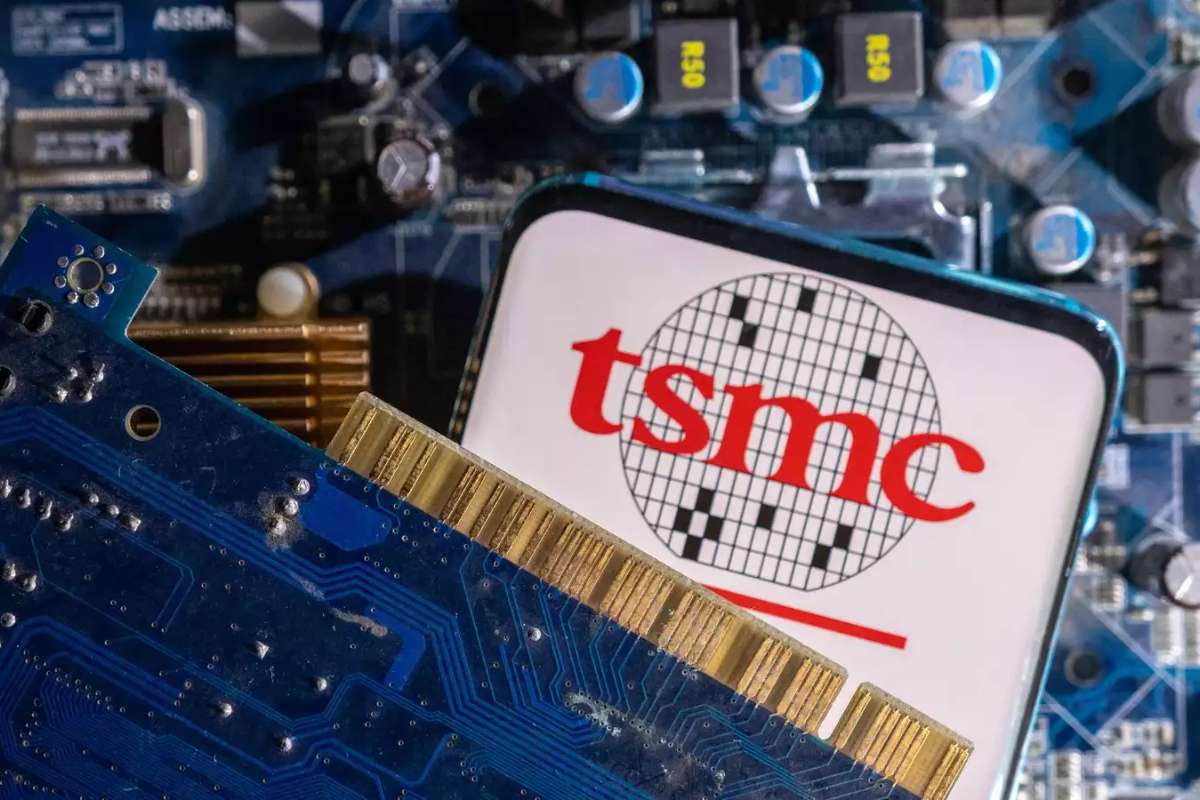Broadcom and TSMC Explore Acquisition of Intel Segments
Broadcom and Taiwan Semiconductor Manufacturing Company (TSMC) are reportedly engaging in talks to acquire parts of Intel, according to a recent report by The Wall Street Journal. The chip industry giants are separately eyeing Intel’s assets, with Broadcom considering the acquisition of Intel’s chip-design and marketing divisions. However, Broadcom is said to be seeking a partner for Intel’s manufacturing business. Meanwhile, TSMC is reportedly interested in taking control of Intel’s semiconductor plants, potentially as part of a larger investor consortium.
These discussions are still in the early stages, with no formal proposals made to Intel as of yet. The report indicates that both companies are exploring the opportunity to strengthen their market positions by acquiring Intel’s struggling operations. Although no definitive agreement has been reached, the interest in Intel’s assets highlights the shifting dynamics in the chip industry.
Geopolitical Implications of Potential Deals
TSMC’s interest in Intel’s factories is reportedly fueled by encouragement from the Trump administration, according to the Wall Street Journal. The deal would potentially provide TSMC with access to Intel’s valuable manufacturing facilities, helping it expand its global footprint. However, a White House official suggested that the U.S. government is unlikely to support a deal that would place control of Intel’s plants in the hands of a foreign company, raising concerns about national security and technological independence.
Intel has been facing challenges in recent years, with its once-dominant position in the semiconductor market eroding due to increased competition and manufacturing delays. While no formal offers have been made yet, the interest from companies like Broadcom and TSMC points to the value that competitors see in Intel’s assets, particularly its chip manufacturing infrastructure.
Intel’s Struggles and Industry Shifts
Intel’s ongoing struggles have made it an attractive target for acquisition, with rivals looking to capitalize on its weakened position. In September, reports indicated that Qualcomm had also approached Intel about a potential takeover, further underscoring the growing interest in the company’s assets. Despite these overtures, Intel has yet to announce any concrete plans for a sale or partnership.
As the semiconductor industry continues to evolve, Intel’s future remains uncertain. The increasing interest from competitors like Broadcom and TSMC signals that changes in the industry landscape may be on the horizon, with consolidation potentially reshaping the competitive dynamics. However, any significant deals involving Intel’s assets will likely require careful consideration, particularly with regard to the geopolitical and national security implications surrounding the potential sale of U.S. technology infrastructure.











